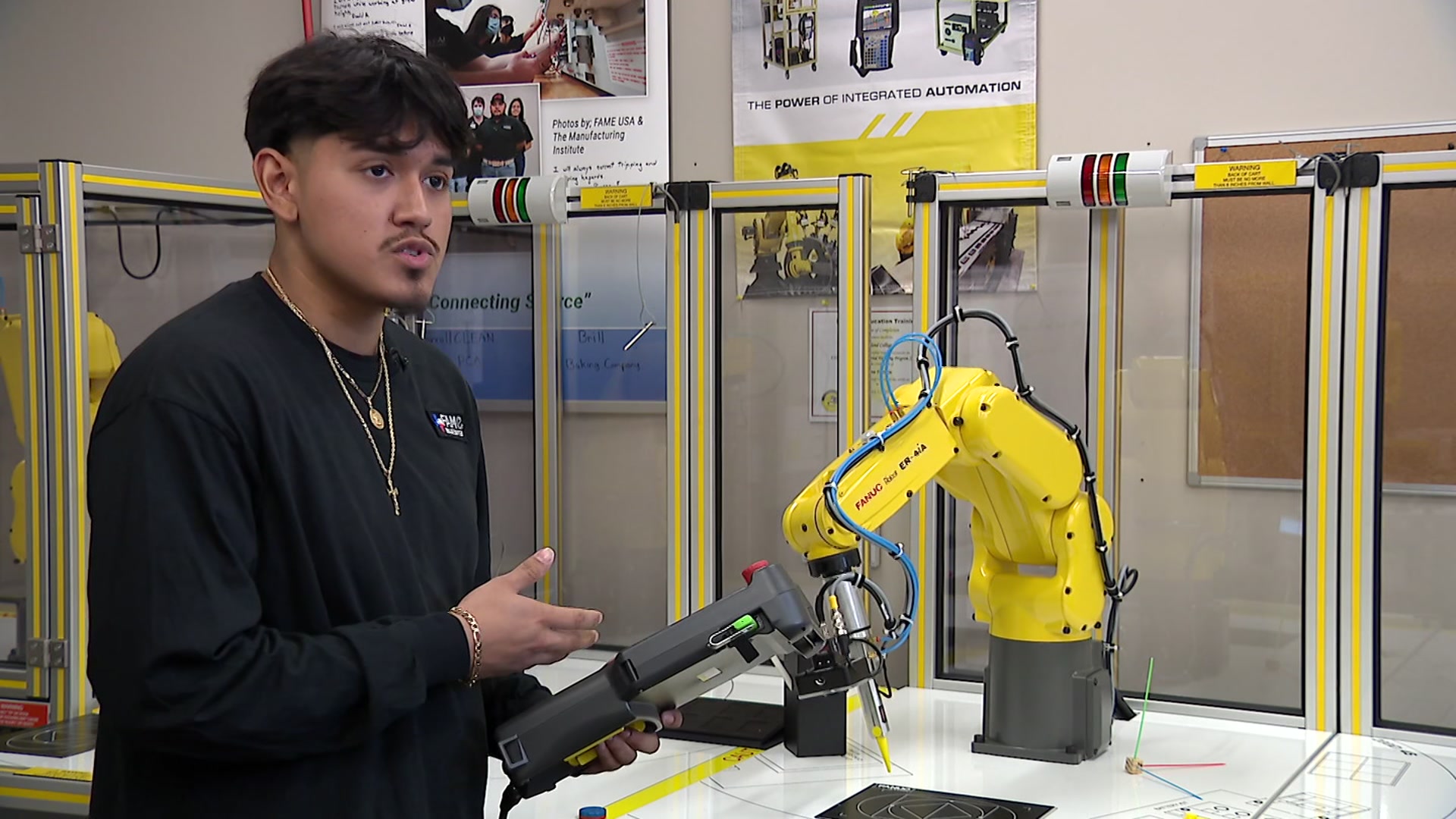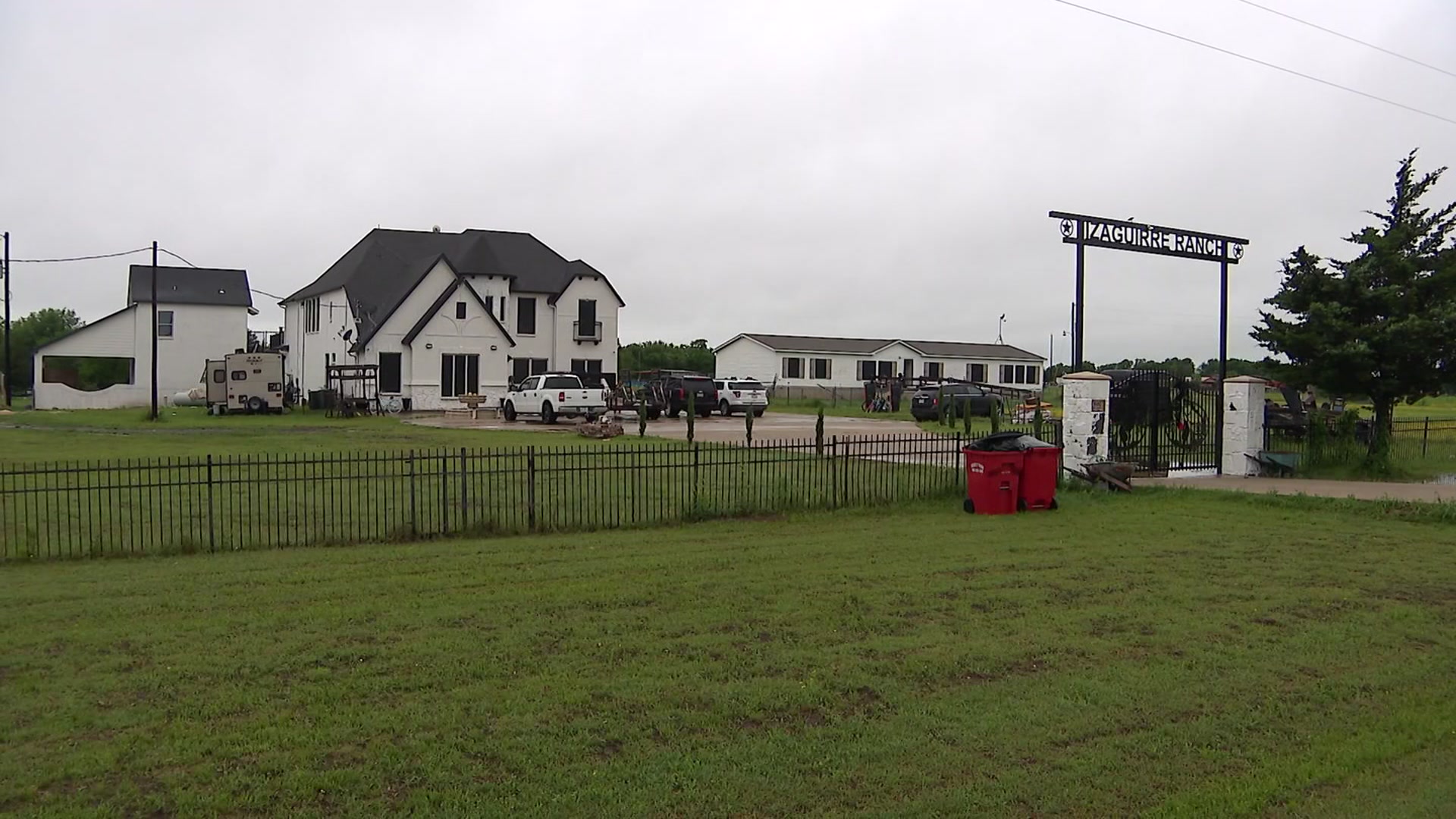Dallas is one of 27 cities selected from about 300 for a federal program called Local Foods, Local Places, according to city leaders.
The program aims to boost economic opportunities for local farmer and businesses, improve access to healthy local food, and promote childhood wellness, according to the Environmental Protection Agency.
The EPA is one of several agencies involved in the program including the United States Department of Agriculture, The Centers for Disease Control and the U.S. Department of Transportation.
“Dallas, Texas, will receive technical assistance to form a local food branding campaign and an alliance of garden and farm enthusiasts to build public awareness, community cohesion, and relationships between growers and local businesses and help community gardens share expertise and increase the size and variety of their yields,” according to an program website.
The program does not afford the city money rather ideas, according to Kevin Lefebvre, Interim Sr. Program Manager with the Office of Environmental Quality for the City of Dallas.
“It’s a technical assistance grant so basically what that means is the EPA will contract with a third party and they will come in and serve as a technical advisor on these issues,” Lefebvre said.
The paid consultant will, “sit down with us and community garden leaders and anybody interested in agriculture or economic opportunities surrounding agriculture and find out where the pressure are currently in the system that are acting almost as an obstacle to the establishment and smooth operation of these community gardens,” said Lefebvre.
Local
The latest news from around North Texas.
Lefebvre sees the opportunities for communities to develop around community gardens, which he believes can promote community cohesion.
In the city’s application, mention of the challenges faced in the southern sector of the city including childhood obesity and food deserts, where access to groceries, in particular fresh, healthy produce, is low.
“The southern sector of our city, as we know, is traditionally very under resourced in particular with access to healthy food and this is an opportunity to bring a lot of attention to those needs, as well as to the potential that community gardens and urban farms can have in solving these access needs,” said Sara Albert, Urban Food Policy Specialist.
When it comes to specifically addressing the issue of Dallas’ food deserts, Albert calls the push to boost community gardens and urban farms a step in the right direction, but not a solution in and of itself.
“It’s a piece of the puzzle, I think that solving that is much greater than a garden or even a commercial farm,” Albert said. “These are opportunities for communities to come together, to work together to solve some of their food needs. It’s never going to solve all of the needs a particular family will have throughout the year, but for communities to continue to grow and develop and come together to advocate for the resources needed in that part of our community.”
Last year, the city changed ordinances to allow for greater production of food and increased economic opportunities by allowing the sale of some of the food that is grown in some of these gardens and farms.
“The food is grown locally and sold locally to help address the food desert pressures,” Lefebvre said.
In the end, city leaders hope participating in the federal program will continue their efforts to address issues in various communities and use local food sources to help create unity and vitality in Dallas neighborhoods.
“It will bring a fresh set of eyes and ideas to help us address some of the challenges that some of our neighbors are facing right now, and that’s what we’re hoping the grant will accomplish – when we get the consultants, it’s going to be an award-winning planning group with a food focus.”



